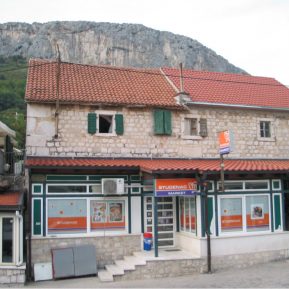
The total value of planned M&A transactions may reach more than EUR1.6bn. In 2017, global value of M&A transactions was USD3.5 trillion, 167 times higher than all companies on the Zagreb Stock Exchange.
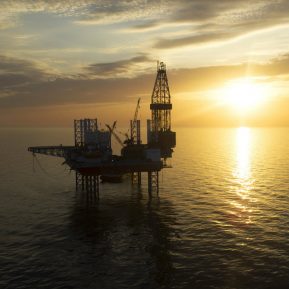
The development of the huge gas field in the Romanian part of the Black Sea could be halted due to the new legislation that angered the major oil&gas companies.
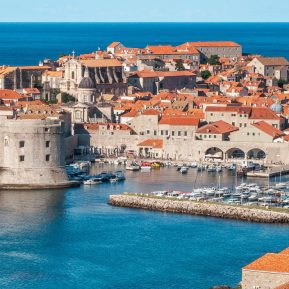
In 2017, the contribution of tourism to Croatian GDP increased by 0,7 per cent y/y to 19,6 per cent. Croatia earned EUR1.3bn in revenues from foreign tourist, which meant an increase of 10 per cent y/y.
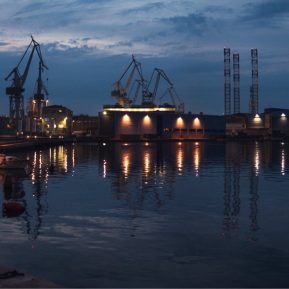
This year the Croatian government planned a state budget with a deficit of HRK2bn but the fact that it had a surplus of HRK1.6bn in H1 suggests that it may have a surplus by the year-end.
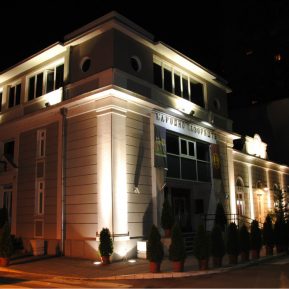
Serbia is the first country ranked in the IBM Global Positioning Trends Report based on the number of jobs created by foreign direct investment (FDI).
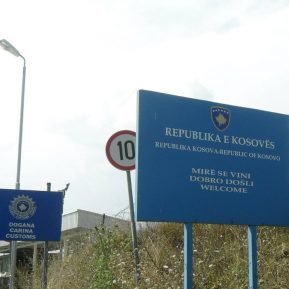
Kosovo's government increased its tariffs on goods from Serbia and Bosnia and Herzegovina (BiH) by 100 per cent, arguing that it was a response to the "aggressive campaign" of Serbia against Kosovo.

Croatia is an important wine producer and it tries to perfect its wine products for decades. In 2017, wine production had revenues of HRK503.9m (EUR68.1m), but the total production is decreasing.
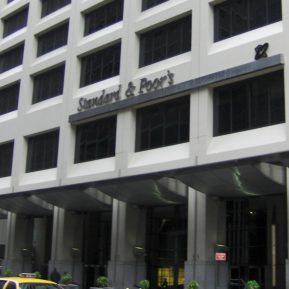
Standard & Poor's (S&P) kept Croatian BBB's rating in the end of September 2018, and changed the prospects from stable to positive, thanks to expectations that the Croatian economy will continue to grow.

The GDP of Montenegro in the Q2’18 grew 4.9 per cent y/y, following a 4.5 per cent growth in the previous period. It was the strongest pace of expansion since the three months to June of 2017.

China has intensified its presence in the Balkans, especially in Serbia, since the beginning of the year. Serbia is a strategic target as its position is very important in transport infrastructure in Southeast Europe.